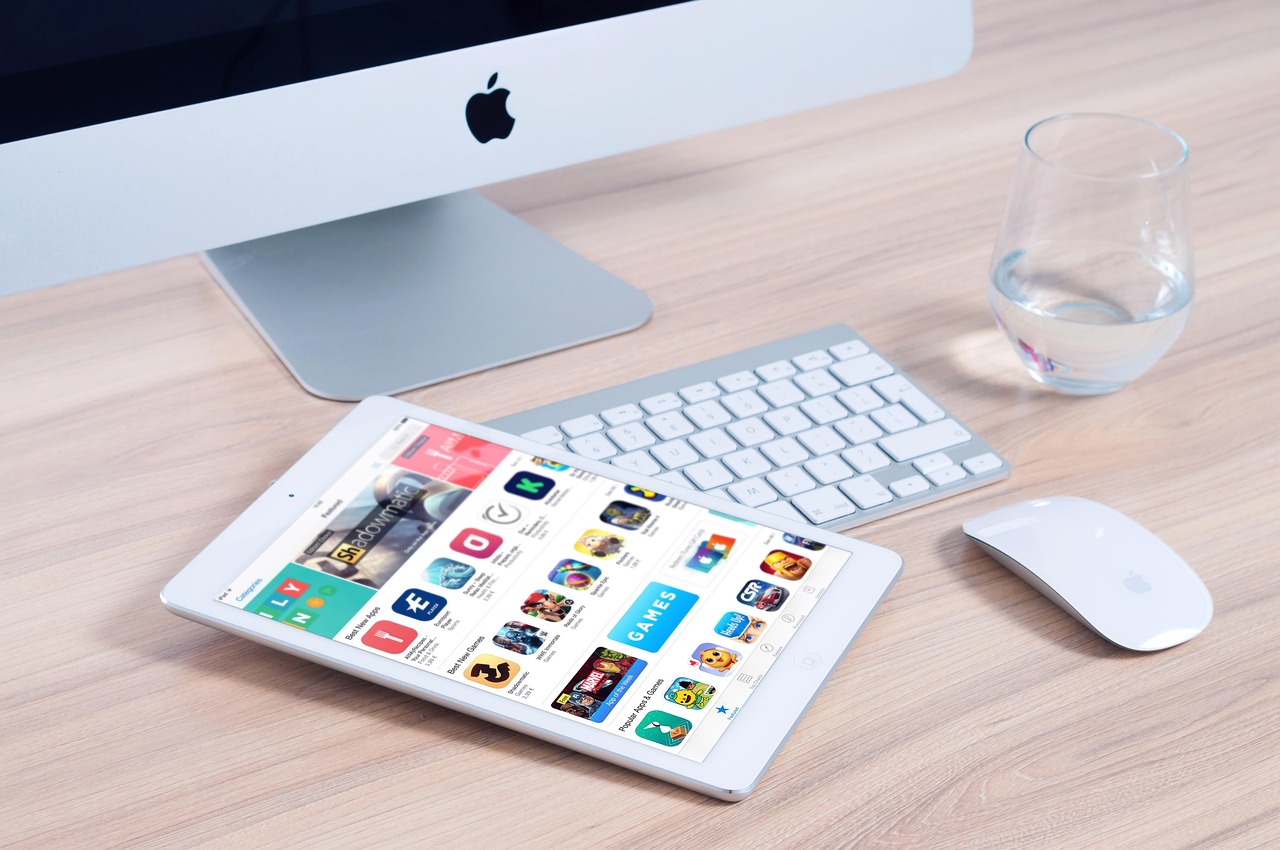The best educational apps for kids in 2025 combine fun with real learning. Here are our top five picks:
- ABCmouse – Best for toddlers and preschoolers (ages 2–4)
- Khan Academy Kids – Best free all-rounder for early learners
- Prodigy Math – Best for gamified math practice (ages 6–12)
- Scratch – Best for coding and creativity (ages 8+)
- BrainPOP Jr. – Best for engaging videos across school subjects
These apps stand out for being age-appropriate, safe, and effective at turning screen time into meaningful learning time.
Why Use Educational Apps?
Educational apps are no longer just “screen fillers.” The best ones in 2025 encourage real skills like reading, math, science, languages, and coding — all wrapped in fun, kid-friendly experiences. Used wisely, they can supplement school learning and spark curiosity at home.
Best Educational Apps for Kids (By Age Group)
👶 Ages 2–4 (Toddlers & Preschoolers)
- ABCmouse – Early learning program covering letters, numbers, shapes, and songs.
- Endless Alphabet – Vocabulary-building with quirky monster animations.
- Sago Mini World – Open-ended creative play that builds problem-solving skills.
👦 Ages 5–7 (Early Elementary)
- Khan Academy Kids – Free lessons in reading, math, and social-emotional skills.
- PBS Kids Games – Games featuring favorite characters that teach science, reading, and problem-solving.
- Osmo (with iPad kit) – Combines hands-on play with digital learning for math, spelling, and drawing.
👧 Ages 8–10 (Upper Elementary)
- Prodigy Math – Gamified math practice that makes kids want to keep learning.
- Duolingo ABC – Intro to languages like Spanish, French, and English in a kid-friendly format.
- BrainPOP Jr. – Short animated lessons with quizzes across history, science, and reading.
🧑 Ages 11+ (Preteens & Tweens)
- Scratch – Beginner-friendly coding to create games, animations, and interactive stories.
- Quizlet – Flashcards and study tools for vocabulary, science, and test prep.
- Tynker – Coding lessons with projects in robotics, games, and real-world applications.
How to Choose the Right App
- Check age ratings. Apps designed for your child’s stage work best.
- Look for balance. Choose apps that mix fun with meaningful learning.
- Prioritize safety. Go for ad-free apps or those with strong parental controls.
- Test first. Many offer free trials — try before subscribing.
Frequently Asked Questions (FAQs)
What makes an app educational for kids?
An app is educational if it teaches real skills like math, reading, or problem-solving while keeping kids engaged through games or activities.
Are free educational apps effective?
Yes. Khan Academy Kids and PBS Kids Games are free yet high-quality. Paid apps may add features, but free ones are often excellent.
How much screen time is healthy for kids?
The American Academy of Pediatrics recommends structured, balanced use. Educational screen time is best in short sessions of 30–60 minutes.
Q4: What is the best educational app for kids overall in 2025?
For younger kids, ABCmouse and Khan Academy Kids are top picks. For older learners, Scratch and Prodigy Math stand out.
Final Thoughts
The best educational apps for kids in 2025 don’t just keep kids busy — they turn play into meaningful learning. Whether your child is starting preschool or gearing up for middle school, these apps encourage curiosity, build confidence, and support school learning in fun, safe ways.
Bottom line: Choose apps that fit your child’s age, interests, and needs, and you’ll turn screen time into skill time.
ALSO READ: 10 Healthy After-School Snacks Kids Will Actually Eat

